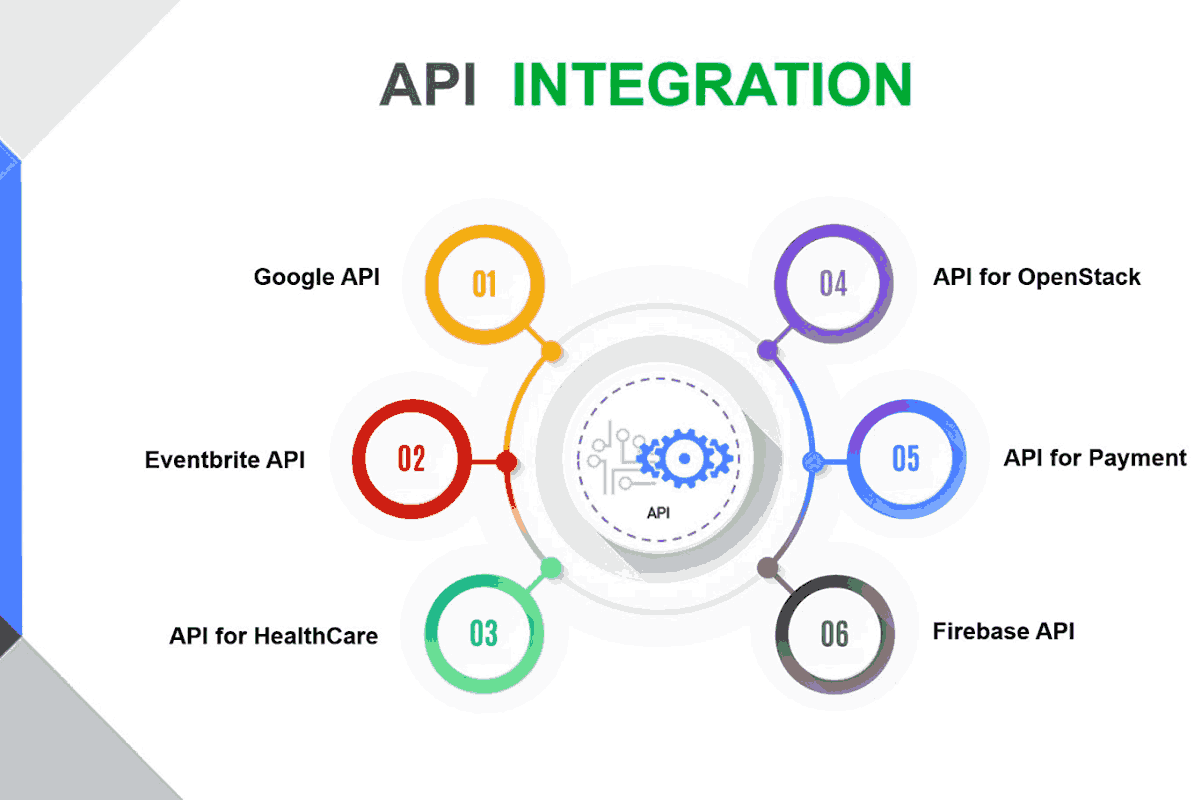
The technology industry is evolving rapidly, and one of the most in-demand roles today is that of a DevOps engineer. Businesses across the globe are adopting DevOps practices to improve collaboration between development and operations teams, speed up software delivery, and maintain high-quality systems.
As a result, opportunities in this field are growing steadily, offering attractive salaries and career development prospects for skilled professionals.
Understanding the DevOps Role
A DevOps engineer acts as a bridge between software developers and IT operations teams. Their goal is to streamline the software development lifecycle by automating processes, monitoring systems, and ensuring smooth deployments. Unlike traditional siloed roles, DevOps emphasizes collaboration, communication, and shared responsibility for the product’s success.
Key Skills Required
Success in this role demands a mix of technical expertise and soft skills. Here are some core abilities aspiring professionals should focus on:
-
Automation and Scripting: Proficiency in tools like Jenkins, GitLab CI/CD, and Ansible, along with scripting languages such as Python, Bash, or PowerShell.
-
Cloud Platforms: Familiarity with AWS, Azure, or Google Cloud is crucial since most modern applications are hosted in cloud environments.
-
Containerization and Orchestration: Knowledge of Docker and Kubernetes helps in managing scalable and reliable application deployments.
-
Monitoring and Logging: Experience with Prometheus, Grafana, or ELK Stack ensures systems remain stable and secure.
-
Team Communication Platforms: Familiarity with solutions such as Jira, Slack, and Confluence to support seamless coordination.
Additionally, soft skills like problem-solving, adaptability, and teamwork are equally important to handle fast-paced development environments.
Career Path and Opportunities
DevOps engineering is not an entry-level position for most people. Many professionals transition into it from software development, system administration, or network engineering. However, with the right training and certifications, beginners can also enter the field.
Career progression often follows this path:
-
Entry-Level DevOps Engineer – Supports automation processes, handles simple deployments, and helps with system monitoring.
-
Mid-Level DevOps Engineer – Manages CI/CD pipelines, cloud infrastructure, and security.
-
Senior DevOps Engineer – Designs architecture, leads teams, and optimizes large-scale systems.
-
DevOps Architect or Manager – Directs the strategy, promotes adoption, and manages the rollout of DevOps methodologies throughout the company.
Industry Demand and Salary Potential
The demand for skilled DevOps engineers is growing because businesses want faster releases without sacrificing quality. From startups to multinational companies, organizations are actively hiring professionals who can optimize workflows. Salaries vary based on location, experience, and company size, but the earning potential is significantly higher compared to many other IT roles.
How to Start a Career in DevOps
For those interested in breaking into this field, here are some actionable steps:
-
Learn the Fundamentals – Understand the principles of software development, system administration, and networking.
-
Get Hands-On Practice – Set up your own CI/CD pipelines, work with cloud services, and practice container orchestration.
-
Earn Certifications – Credentials like AWS Certified DevOps Engineer, Docker Certified Associate, or Kubernetes Administrator can boost credibility.
-
Contribute to Open Source – Real-world contributions to open-source projects demonstrate skills and dedication.
-
Stay Updated – The DevOps ecosystem changes quickly, so continuous learning is essential.
Future Outlook
As more companies embrace digital transformation, the need for efficient, automated, and secure deployment processes will only increase. This makes DevOps engineering a stable and future-proof career choice. The role’s adaptability across industries - from finance to healthcare - means professionals have the flexibility to work in various sectors.
Final Thoughts
Pursuing a career as a DevOps engineer offers exciting challenges, excellent growth opportunities, and the chance to make a significant impact on how technology is built and delivered. By mastering both technical and collaborative skills, professionals can position themselves at the forefront of modern software development and operations.
Keywords:
- DevOps Engineer Jobs











Leave a comment